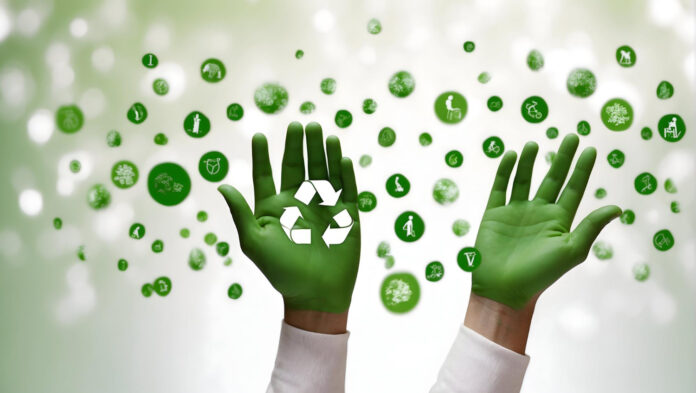Greenwashing: the deception behind supposedly sustainable products
At a time when environmental awareness and sustainability are becoming increasingly important, companies in all sectors seem to be embracing the green trend. But behind the shiny facades of many “green” products and companies often lies an unpleasant reality: greenwashing. This article sheds light on what greenwashing is, how it works and why it is problematic.
What is greenwashing?
Greenwashing refers to the misleading practice of companies presenting themselves as more environmentally friendly than they actually are. This is a form of deception in which companies claim that their products or business practices are environmentally friendly when they are not. These claims are often supported by marketing and advertising designed to create a positive perception of environmental sustainability.
How does greenwashing work?
One of the most common methods of greenwashing is to present half-truths or superficial measures that conceal the company’s actual environmentally relevant behavior. For example, companies may claim that their products are “biodegradable”, even though only a small proportion of the ingredients are actually biodegradable. Other companies may claim to be committed to environmental protection while at the same time being involved in environmentally damaging practices.
Examples of greenwashing
1 BP and the green logo: After the oil spill in the Gulf of Mexico, BP launched an extensive marketing campaign that portrayed the company as a pioneer in environmental protection. Despite the green logo and promises to promote renewable energies, the reality of environmental damage remains.
2. fast fashion and sustainability: Many clothing brands claim to support environmentally friendly practices while producing a glut of disposable fashion and overusing resources.
3. palm oil and “sustainable cultivation”: Numerous companies claim to use palm oil from “sustainable cultivation”. However, there is often insufficient verification of whether the actual practices meet the standards for sustainable cultivation.
Why is greenwashing problematic?
Greenwashing is not only misleading, but also harmful to the environment and consumers. Deceiving consumers about the actual environmental friendliness of products and companies devalues genuine efforts towards sustainability. Consumers who are trying to make environmentally conscious choices could be misled by greenwashing and end up buying products that do not meet the promised environmental standards.
Consumers play a crucial role in the fight against greenwashing. By informing themselves, critically questioning and holding companies to account, consumers can help companies become more transparent and make real sustainability efforts.
Greenwashing is a serious problem that undermines consumer confidence and devalues efforts to protect the environment. By paying critical attention and staying informed, consumers can help to ensure that companies actually take responsibility for their environmental promises. It is up to all of us to recognize and combat greenwashing in order to create a more sustainable future for all.
Sources:
– “Greenwashing: What’s behind it?” – WWF Germany: https://www.wwf.de/themen-projekte/produkte-und-konsum/greenwashing/
– “How to spot greenwashing” – National Geographic: https://www.nationalgeographic.com/environment/article/greenwashing
– “The six sins of greenwashing” – TerraChoice: https://sinsofgreenwashing.org/



